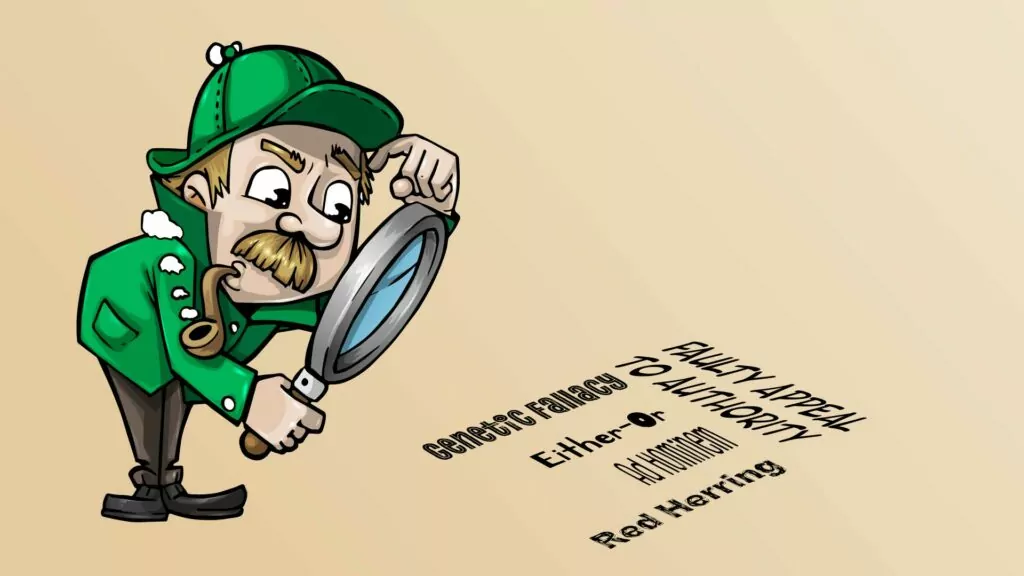Czeslaw Milosz, winner of the 1980 Nobel Prize for Literature, remarked in his acceptance speech in Stockholm that our age is characterized by a “refusal to remember.” I think it is more than that. I believe it is an indifference rather than an outright refusal to remember the past. And because we don’t know our past, we have become a rootless society.
In his provocative book Amusing Ourselves to Death, Neil Postman argued that the television rendered the previous generation unfit to remember. Television’s focus on the immediate deprived us of a historical experience. So many know so much about the happenings of the last 24 hours, but very little of bygone centuries or even the last 60 years.
No wonder that youth show little affinity with the past. Today’s generation lives even more in “a perpetual present,” without depth, definition, or secure identity. Many think the study of history is a dull and irrelevant exercise.
Gathered wisdom
The lack of historical awareness has also affected the Church. Too many evangelical and Reformed Christians jump from the early church of the Apostles right to the present. They seem to forget that men and women lived the Christian life before them.
But there is this great “cloud of witnesses,” who have wrestled with doctrinal and moral issues that contemporary Christians can learn from. Because they are unaware of the profound doctrinal debates of the church fathers, of the Reformers, and even of the recent history of their own denominations and all the momentous implications, they deprive themselves of the gathered wisdom of the ages.
For example, as a student of church history, I am deeply impressed by the outstanding theological works produced by the 17th-century Puritan spiritual giants. They greatly surpass the generally weak and shallow theology and spirituality of the present.
The creeds and confessions are also a vital link with the past. They show how throughout the centuries, the Holy Spirit has been at work in forming, maintaining and renewing the Church. The Three Forms of Unity express the heart of the apostolic and also of the Reformed faith, the faith which has been accepted as true for generations. The confessions remind us of the communal nature of the Church. They also tell us that we are not the first generation that has read the Bible. The confessions show us a particular way of understanding Scripture which the Christian Church has recognized as responsible and trustworthy. A church which no longer pays attention to her creeds and confessions denies her heritage. Only when we remain in fellowship with the faithful who have gone before us are we able to travel into the future. We must know where we come from so that we may know where we are going. Dr. J. I. Packer rightly observed, “Knowing the family history is one way of avoiding past errors and preparing to face the future.”
Inspiration
The study of church history is also important for the development of our spiritual life. Without a reflection on the past, Christians are prone to become spiritually anemic. The story of the Christian martyrs, who sacrificed their all for the cause of Christ, is inspirational.
A moving testimony from the early church is the martyrdom of Polycarp (c. 70-155), faithful pastor and champion of apostolic tradition. After his capture by his persecutors, infuriated Jews and Gentiles gathered wood for the stake. Polycarp stood by it, asking not to be fastened to it, and prayed:
O Lord, Almighty God, the Father of Thy beloved Son Jesus Christ, through whom we have received knowledge of Thee.. . I thank Thee that Thou hast thought me worthy, this day and this hour, to share the cup of Thy Christ among the number of Thy witnesses.
And I think of the martyrdom in China of John and Betty Stam, missionaries with the China Inland Mission. Betty, a gifted poet, had been raised in China by Presbyterian parents, and felt God’s call to return there. John, of Dutch immigrant ancestry from New Jersey, was also drawn to China where, as he said,” a million a month pass into Christless graves.” Their missionary work was short-lived. In 1934 they were captured by the communists and executed. Their martyrdom made a great impact and led many to volunteer for missions.
The most publicized martyrdom in recent history is no doubt the January 1956 massacre of five young missionaries by the Auca Indians in Ecuador. The story of their lives has been well told by Elisabeth Elliot, the widow of one of the martyrs. But their deaths have not been in vain. There is now a church among the Auca Indians. The stories of the martyrs give a feeling of fellowship with those who have carried the torch before and an appreciation of the priceless heritage which is ours in Christ.
Seeing further
We can learn from the wisdom and the examples of godly men and women of the past. We can also learn from their mistakes and follies. Here is how John of Salisbury, a 12th-century British author, described the importance of studying history:
We are like dwarfs sitting on the shoulders of giants. We see more things than them, and things that are farther away – not because we can see better than they, or because we are taller than they are, but because they raise us up, and add their stature to ours.
A version of this article first appeared in the April 1999 issue of Reformed Perspective under the title “Inspired by Past.” Rev. Johan Tangelder (1936-2009) wrote for Reformed Perspective for 13 years. Many of his articles have been collected at Reformed Reflections.















